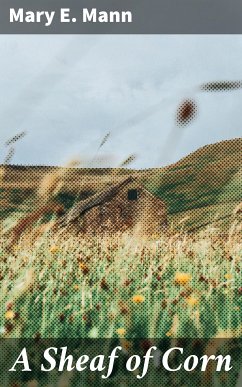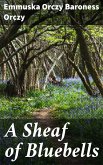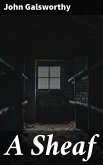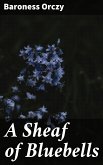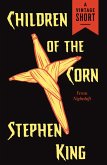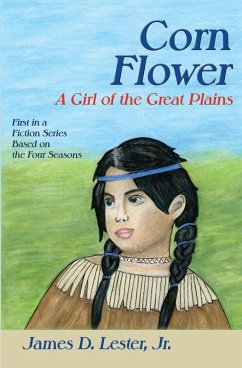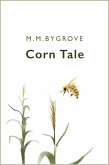In "A Sheaf of Corn," Mary E. Mann crafts a rich tapestry of rural life, exploring themes of gender, social class, and the natural landscape through the lens of a deeply personal narrative. Mann employs a vivid and lyrical prose style that blends realism with poetic imagery, allowing readers to immerse themselves in the intricacies of country existence during the late 19th century. The novel's setting serves as a backdrop for nuanced character development, reflecting the societal constraints and aspirations of women, which is particularly noteworthy in the context of the Women's Movement of the time. Mary E. Mann, an esteemed Victorian author and an early advocate for women's rights, drew from her own experiences and observations of rural society in England. The daughter of a farmer, her firsthand encounters with agricultural life and the challenges faced by women shaped her narrative voice. Mann's commitment to social issues, particularly the struggles related to the female experience in male-dominated spheres, resonates throughout her work, signaling her as a forward-thinking figure of her era. Readers seeking a profound exploration of the interplay between nature and human experience will find "A Sheaf of Corn" a compelling and enlightening read. Mann'Äôs perceptive insights into the lives of women within a pastoral setting make this novel a significant contribution to Victorian literature, appealing to both scholars and casual readers interested in social history and the evolution of women's roles in society.
Dieser Download kann aus rechtlichen Gründen nur mit Rechnungsadresse in A, B, BG, CY, CZ, D, DK, EW, E, FIN, F, GR, H, IRL, I, LT, L, LR, M, NL, PL, P, R, S, SLO, SK ausgeliefert werden.

